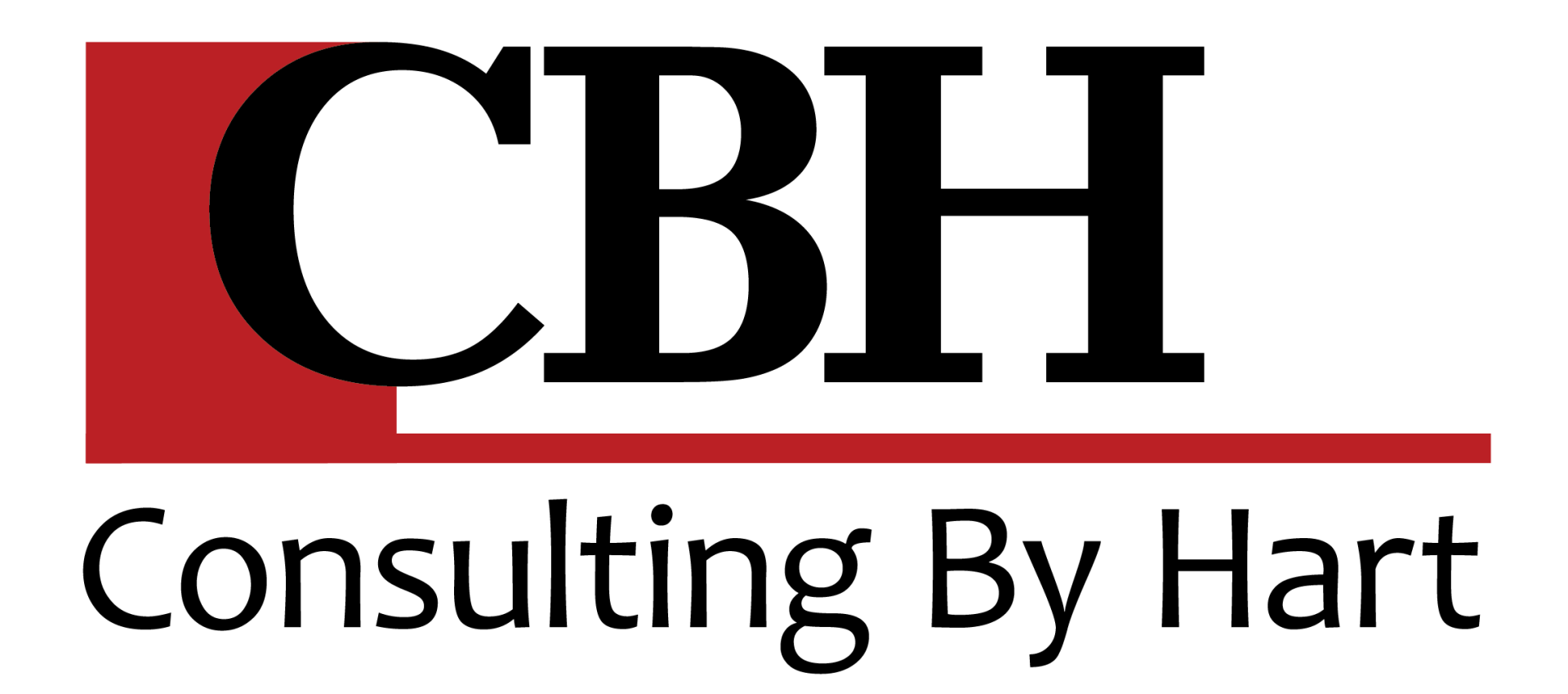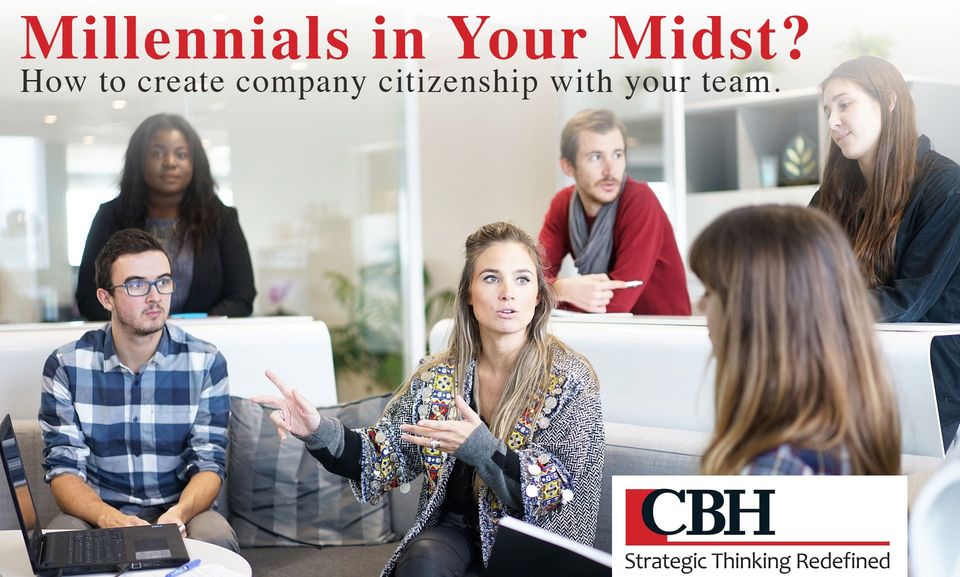Embracing Millennials
Faster Than A Speeding Bullet ….
Look! It’s a Bird, It’s a Plane…. No, it’s today’s entrepreneur running madly in all directions trying to figure out how to engage their team! If that opening phrase tugs you down memory lane to a guy in a red cape, my guess is there’s room in your HR strategy for improvement. More now than ever, business owners and managers are finding it increasingly difficult to engage and retain their younger workforce. So, you’re not alone.
Here’s Why
Whether you choose to call them Millennials or not, your employees who are 35 and younger have different filters than their employers and managers who are over 35. These are the first career-seekers who were referred to as ‘latch-key’ / ‘tech-savvy’ kids. Their world revolves around being accepted, making a difference, and contributing to the greater good – and all at relatively break-neck-speed when compared to the pace at which information and change could happen 20 years ago. That’s why they’re impatient – which, in my opinion, is actually a good thing…. They’re curious, ambitious and want to do their best for you. Once you figure out how to leverage their desire to change your processes from doing things ‘the old way’, you’re off to the races. The challenge my clients come to me with, is figuring it out.
CTRL>ALT>DEL
Having just read that heading, do you realize that many under the age of 25 and most under 20 don’t know what that means? You don’t ‘CTRL>ALT>DEL an iPad. If your team makes you feel a bit out of date, you likely are. This young, vibrant generation is bringing with them lots of creativity and different skills to your workplace, its’ processes, and the resulting outcomes of the team efforts. You need to figure out how to leverage it. While it’s human nature to resist change, I think Charles Darwin said it best: “It is not the strongest species that survive, nor the most intelligent, but the ones most responsive to change.” Businesses are no different. What’s changed in our younger workforce over the past 10 years, is the culture of what’s considered fulfilling in a job or career. Gone are the days where working the longest hours at the hardest manual labour meant you kept your job and likely got a promotion. Gone too are the young, dynamic eager-beavers who come into your company looking for a life-long career. Gonzo. Bye-Bye. Nada.
Hello Context, I’d like you to meet History
Each generation to move up into the workforce of the industrialized world has been frowned upon by their ‘elders’, labelled as ‘lazy’, having weak ‘character’ and not understanding the true meaning of ‘an honest days’ work’. Sound familiar? I remember my parents and their friends snubbing the ‘work ethic’ of my generation. Thinking they were doomed, and the last generation to understand the meaning of hard work. And, until recently, I caught myself many times as an employer of 20 landscape technicians often thinking the same way. ‘Why don’t they get it?’ I’d lament to whomever would listen. It’s not until the past few years, wading through dozens of books, articles and blogs on the topic of Millennials, that I feel I’ve figured out how we can engage and embrace the differences they bring to business.
Now What? Start Here…
Here’s a glimpse into part of our CBH Millennial-Ready Checklist
1. Impatience: This younger workforce grew up with instant gratification and information at their fingertips. From Amazon purchases arriving tomorrow, to dinner from Uber Eats, to downloading Netflicks whenever they feel like it, to finding a hot date without leaving the house – it’s all in the palm of their hand. Your business has to adapt in some way to the speed of light. (Hint: If you’ve never experienced Amazon, UberEats or Netflicks, you’re probably going to need help with this generation shift)
2. Hard work = meaningful work: If what they do every day isn’t changing lives (including their own), they’re not interested. Your HR office will need a revolving door.
3. Having a story to tell is more important than having a job. If they have nothing interesting and proudful to share on social media and with friends, they won’t feel successful or important, and they won’t show up.
4. They need to feel included and appreciated. Feedback, feedback feedback. And Now. And tomorrow. And the next day. A company with a ‘no news is good news’ approach to feedback is dead in the water. (Hint: If you don’t know what Onboarding is, let alone have it established in your company culture, you really need to get up to speed.)
Other Articles That May Interest You:





